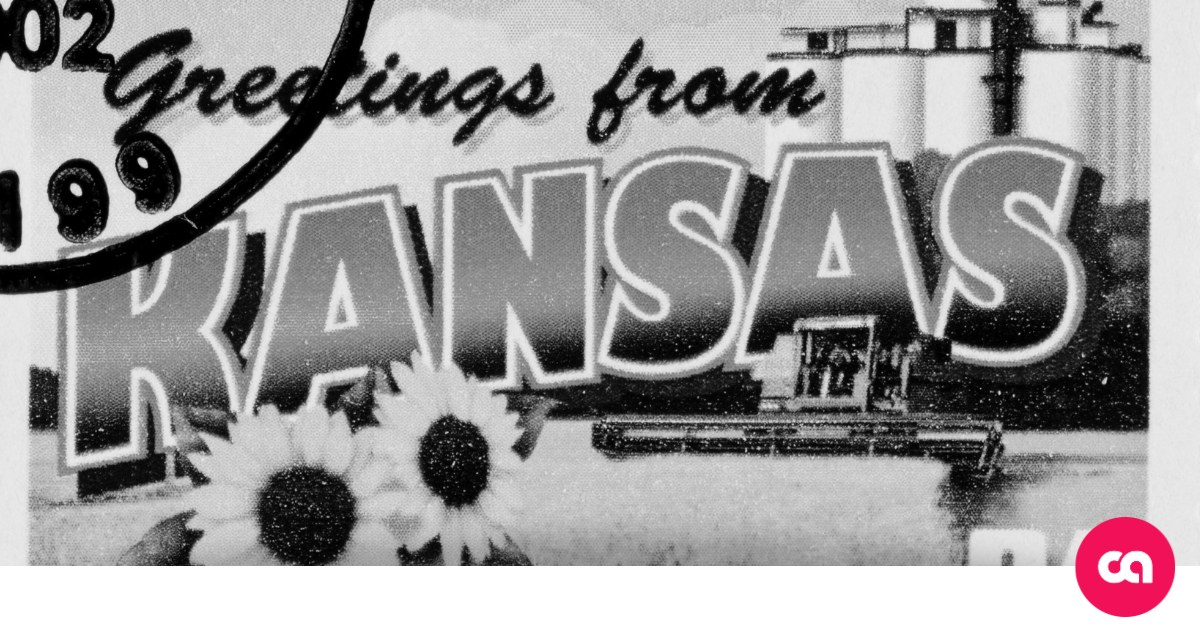COLLECTION LAWS – KANSAS (KS)

(1) Pre-Judgment Interest Rate:
According to Kansas statute § 16-204, the pre-judgment interest rate is determined by the court and can vary based on the circumstances of the case. It is important to consult with an attorney to determine the specific interest rate applicable to your case.
(2) Post-Judgment Interest Rate:
In Kansas, the post-judgment interest rate is governed by statute § 16-204. The rate is currently set at 4% per annum.
(3) Statute of Limitations for Written Contract:
The statute of limitations for filing a lawsuit based on a written contract in Kansas is typically five years, as per Kansas statute § 60-511.
(4) Statute of Limitations for Oral Contract:
For lawsuits based on an oral contract, the statute of limitations in Kansas is typically three years, as outlined in Kansas statute § 60-512.
(5) Statute of Limitations for Open Account:
Kansas statute § 60-511 states that the statute of limitations for a lawsuit on an open account is generally five years.
(6) Statute of Limitations for Contract for Sale of Goods:
In Kansas, the statute of limitations for filing a lawsuit related to a contract for the sale of goods is four years, as per Kansas statute § 84-2-725.
(7) Statute of Limitations for Promissory Note:
For lawsuits based on a promissory note, the statute of limitations in Kansas is generally five years, as outlined in Kansas statute § 84-3-118.
(8) Statute of Limitations for Enforcement of Domestic Judgment:
According to Kansas statute § 60-2403, the statute of limitations for enforcing a domestic judgment is typically five years.
(9) Statute of Limitations for Enforcement of Foreign Judgment:
Kansas statute § 60-2403 also states that the statute of limitations for enforcing a foreign judgment in Kansas is typically five years.
(10) Garnishment Exemptions:
Kansas law provides certain exemptions from garnishment, protecting certain types of income and property from being seized. Some exemptions include Social Security benefits, retirement benefits, workers’ compensation, and certain public assistance benefits. It is important to consult Kansas statute § 60-2310 for a comprehensive list of garnishment exemptions.
Disclaimer: Please note that the presented content is an outline of legal regulations, serving as a general overview rather than an exhaustive representation of comprehensive statutes. It is crucial to recognize that this outline does not constitute “legal advice.” Moreover, it is important to acknowledge that subsequent changes to the listed statutes may occur subsequent to this publication. It is recommended to consult an attorney in the jurisdiction to confirm the information is up-to-date and accurate.